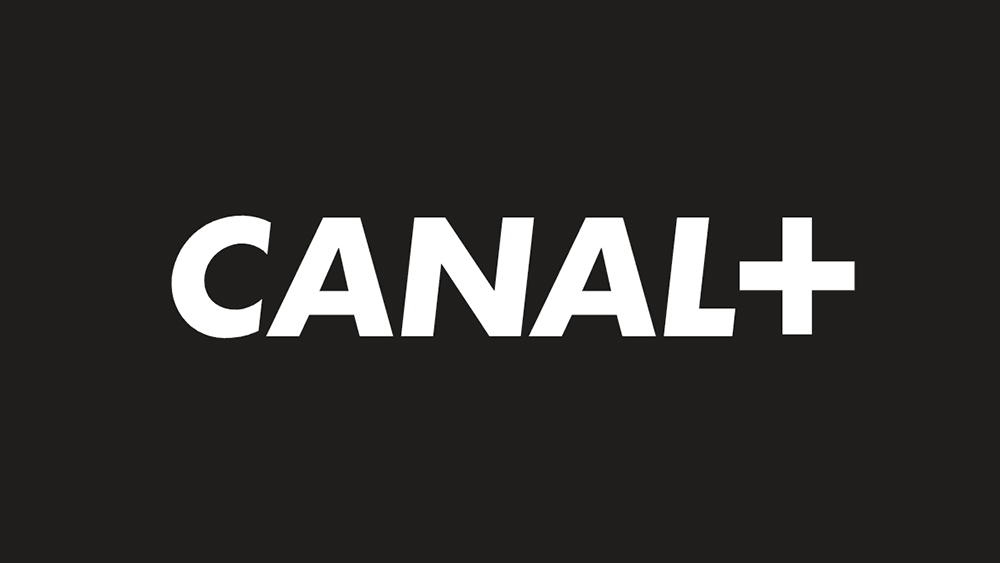The future of C8: A turning point for French television
A seismic shift in French broadcasting
The landscape of French television is on the brink of a significant transformation. The popular channel C8, known for airing the controversial talk show “Touche pas à mon poste,” is facing an uncertain future. France’s broadcasting regulatory authority, Arcom, has decided not to renew the TNT channel’s frequency for Canal+ Group, following a series of auditions with leaders from the Vivendi-owned TV banner.
The regulatory decision
Arcom’s decision has sent ripples through the French media industry. The regulatory body, which consists of an eight-member board, also declined to renew the frequency for NRJ12. Out of 24 applicants, only 15 channels were pre-selected by Arcom. This move underscores a stringent regulatory environment aimed at reshaping the broadcasting landscape.
Canal+ Group’s response
While Canal+ Group has remained tight-lipped about the decision, the possibility of appealing Arcom’s ruling to the state council remains open. This development raises questions about the future of Canal+ Group’s other frequencies, such as CNews, often dubbed France’s equivalent to Fox News. These channels made the cut but will need to adhere to a new convention set by Arcom, outlining broadcasting obligations.
The impact on “Touche pas à mon poste”
The talk show “Touche pas à mon poste,” hosted by Cyril Hanouna, has long been a lightning rod for controversy. Accused of bolstering the popularity of far-right leaders, the show has amassed fines totaling €7.5 million from Arcom. Last year, it received a record €3.5 million fine after Hanouna clashed with a member of the hard-left party La France Insoumise and insulted him. During the audition process, Gérald-Brice Viret, a Canal+ executive, suggested that the show might start being pre-recorded instead of airing live starting in September.
For those unfamiliar with the show, you can watch the trailer here.
A new player in the game
While Canal+ Group grapples with the potential loss of C8, Czech billionaire Daniel Kretinsky, who recently acquired the publishing group Editis from Vivendi, saw two of his channel proposals make it to Arcom’s pre-selection list. This development hints at a shifting power dynamic within the French media landscape.
The significance of TNT channels
Launched in 2005, France’s TNT channels have become a staple of French television, representing more than 90% of TV audiences in the country. The decision to not renew certain frequencies marks a pivotal moment in the evolution of French broadcasting.
Reflecting on the future
As a cinema and TV series enthusiast, this development is both intriguing and concerning. The potential disappearance of C8 raises questions about the future of controversial yet popular programming. Will this lead to a more regulated and perhaps sanitized media environment, or will it pave the way for new, innovative content that challenges the status quo?
The decision by Arcom reflects a broader trend in media regulation, where the balance between freedom of expression and responsible broadcasting is continually being negotiated. For viewers, this could mean a shift in the type of content available, potentially leading to a more diverse and balanced media landscape.
A personal perspective
From a personal standpoint, the evolution of French television is a fascinating case study in media regulation and its impact on content creation. The controversy surrounding “Touche pas à mon poste” highlights the challenges faced by regulators in maintaining a balance between allowing provocative content and ensuring that such content does not cross ethical boundaries.
As we look to the future, it will be interesting to see how Canal+ Group adapts to these changes and what new content will emerge from this regulatory shake-up. For now, the fate of C8 hangs in the balance, and with it, the future of one of France’s most talked-about talk shows.
For more information on the latest developments in French television, stay tuned and keep an eye on the evolving landscape of media regulation and content creation.

 Italian
Italian







